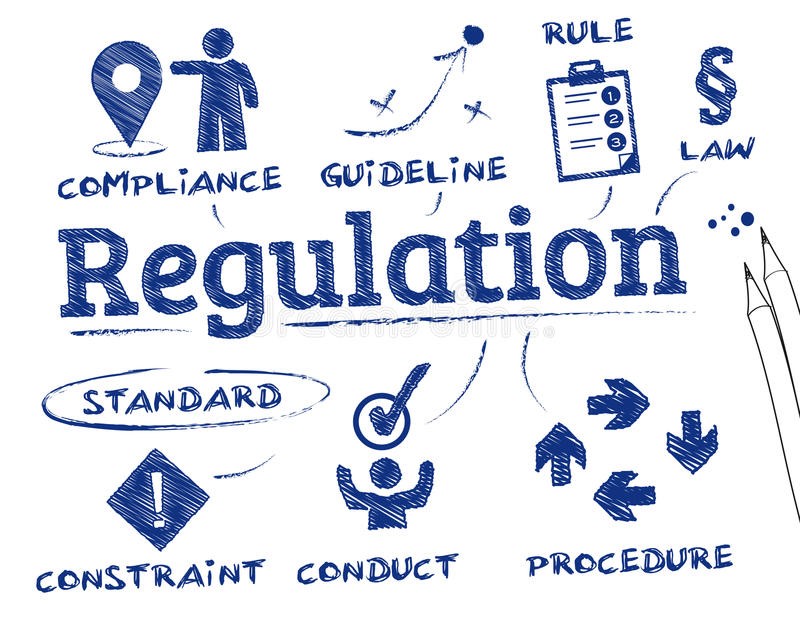
In an era where technology and healthcare are increasingly intertwined, the importance of health data privacy has never been more critical. The digitalization of medical records, the rise of telemedicine, and the proliferation of health apps have revolutionized the way we manage health information. However, these advancements also bring forth significant challenges in ensuring the confidentiality, integrity, and security of health data. This article delves into the growing importance of health data privacy and explores the measures necessary to protect sensitive health information.
The Digital Transformation of Healthcare
The healthcare industry has undergone a significant transformation with the advent of digital technologies. Electronic Health Records (EHRs) have replaced paper-based systems, enabling more efficient and accurate record-keeping. Telemedicine has made healthcare more accessible, allowing patients to consult with healthcare providers remotely. Health apps and wearable devices now track everything from heart rate to glucose levels, providing valuable data for both users and healthcare professionals.
While these innovations have improved patient care and streamlined operations, they have also created new vulnerabilities. Health data is now stored in digital formats, making it susceptible to cyberattacks, unauthorized access, and data breaches. As the volume of health data grows, so does the need for robust privacy protections.
Why Health Data Privacy Matters
Health data is among the most sensitive types of personal information. It includes details about an individual’s medical history, diagnoses, treatments, medications, and even genetic information. The unauthorized disclosure of such data can lead to severe consequences, including identity theft, discrimination, and psychological harm.
Moreover, health data privacy is crucial for maintaining trust between patients and healthcare providers. Patients need to feel confident that their information will be handled with the utmost care and confidentiality. Without this trust, individuals may be less likely to share essential information with their healthcare providers, potentially compromising the quality of care they receive.
Regulatory Frameworks and Standards
To address the growing importance of health data privacy, various regulatory frameworks and standards have been established globally. In the United States, the Health Insurance Portability and Accountability Act (HIPAA) sets the standard for protecting sensitive patient information. HIPAA requires healthcare providers, insurers, and their business associates to implement safeguards to ensure the confidentiality, integrity, and availability of health data.

In Europe, the General Data Protection Regulation (GDPR) provides comprehensive data protection rules, including specific provisions for health data. The GDPR mandates that health data can only be processed under strict conditions and requires organizations to implement appropriate technical and organizational measures to protect this data.
Other countries have also enacted laws and regulations to safeguard health data privacy. For instance, Canada has the Personal Information Protection and Electronic Documents Act (PIPEDA), and Australia has the Privacy Act, both of which include provisions for health data protection.
Emerging Threats to Health Data Privacy
Despite the existence of regulatory frameworks, health data privacy remains under constant threat from various sources. Cybersecurity incidents, such as ransomware attacks, data breaches, and phishing scams, are becoming increasingly common in the healthcare sector. These incidents can result in the unauthorized access, disclosure, or destruction of sensitive health information.
Additionally, the growing use of health apps and wearable devices raises concerns about data privacy. Many of these apps collect vast amounts of personal health data, often without clear consent from users. The data collected by these apps may be shared with third parties, including advertisers and data brokers, without the user’s knowledge or consent.
Another emerging threat is the use of artificial intelligence (AI) and machine learning in healthcare. While these technologies have the potential to revolutionize medical research and patient care, they also pose significant privacy risks. AI systems often require large datasets to function effectively, raising concerns about how this data is collected, stored, and used.
Best Practices for Protecting Health Data Privacy
Given the growing importance of health data privacy, it is essential for healthcare organizations, technology providers, and individuals to adopt best practices to protect sensitive health information. Here are some key measures to consider:
1. Implement Strong Security Measures
Healthcare organizations should implement robust security measures to protect health data from unauthorized access and cyberattacks. This includes using encryption, multi-factor authentication, and secure communication channels. Regular security assessments and vulnerability testing can help identify and address potential weaknesses.
2. Ensure Compliance with Regulations
Compliance with relevant data protection regulations is crucial for safeguarding health data privacy. Healthcare organizations should stay informed about the latest regulatory requirements and ensure that their practices align with these standards. Regular audits and compliance checks can help maintain adherence to regulations.
3. Educate and Train Staff
Human error is a significant factor in many data breaches. Healthcare organizations should provide regular training and education to staff on the importance of health data privacy and best practices for protecting sensitive information. This includes training on recognizing phishing scams, securely handling patient data, and reporting potential security incidents.
4. Obtain Informed Consent
When collecting health data, it is essential to obtain informed consent from individuals. This means clearly explaining how their data will be used, who will have access to it, and any potential risks involved. Consent should be obtained in a transparent and understandable manner, and individuals should have the option to withdraw their consent at any time.
5. Use Privacy-Enhancing Technologies
Privacy-enhancing technologies (PETs) can help protect health data by minimizing the amount of personal information collected and ensuring that data is anonymized or pseudonymized. Techniques such as differential privacy, homomorphic encryption, and secure multi-party computation can enhance data privacy while still allowing for valuable insights to be derived from the data.
6. Foster a Culture of Privacy
Creating a culture of privacy within healthcare organizations is essential for ensuring the protection of health data. This involves promoting a privacy-first mindset, encouraging open communication about privacy concerns, and making privacy a core component of organizational policies and practices.
The Role of Patients in Health Data Privacy
Patients also play a crucial role in protecting their health data privacy. Here are some steps individuals can take to safeguard their health information:
- Be Informed: Understand your rights regarding health data privacy and be aware of how your data is being used and shared.
- Use Trusted Providers: Choose healthcare providers and health apps that prioritize data privacy and have strong security measures in place.
- Review Permissions: Regularly review the permissions granted to health apps and devices, and revoke access for apps that do not need your data.
- Report Concerns: If you suspect that your health data has been compromised, report it to your healthcare provider and any relevant regulatory authorities.
The growing importance of health data privacy cannot be overstated. As healthcare continues to evolve in the digital age, protecting sensitive health information is paramount for maintaining patient trust, ensuring compliance with regulations, and safeguarding against emerging threats. By implementing robust security measures, adhering to regulatory standards, and fostering a culture of privacy, healthcare organizations can better protect health data and ensure that the benefits of digital health innovations are realized without compromising patient privacy.










